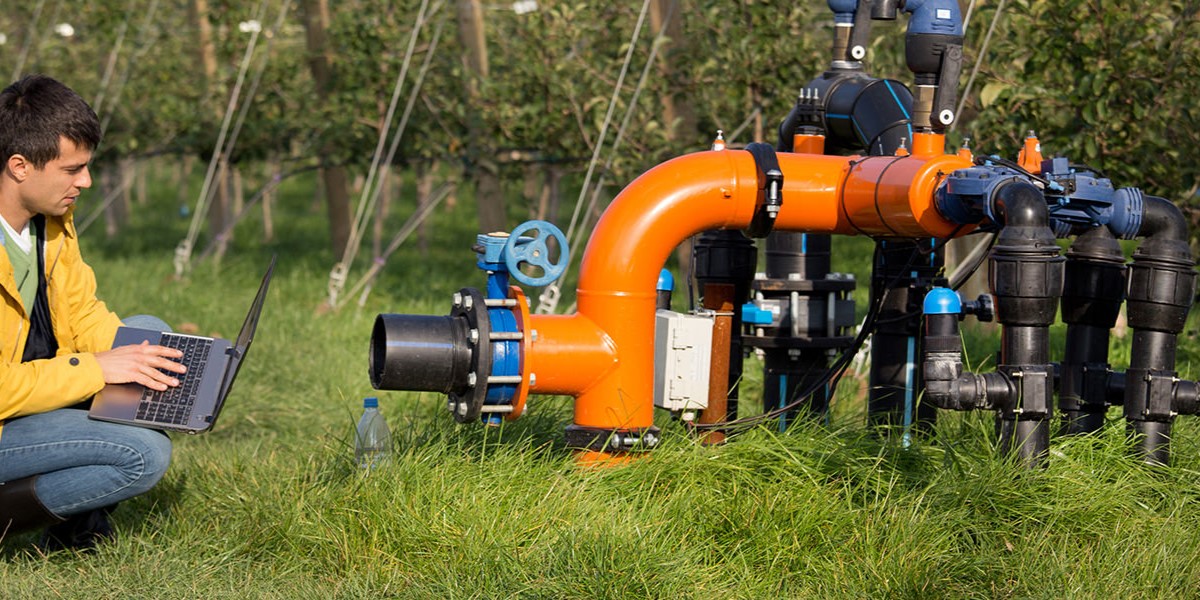Description
Petroleum Engineering Principles and Concepts is a comprehensive course designed to provide students with a solid foundation in the essential principles and methodologies used in the petroleum industry. This course covers the entire lifecycle of petroleum resources, from exploration and extraction to production, processing, and distribution. Through a blend of theoretical knowledge and practical application, students will gain a deep understanding of the complex engineering processes involved in the efficient and sustainable extraction of oil and gas resources.






Ronke –
“This online course provided an incredibly comprehensive and engaging introduction to Petroleum Engineering principles. The interactive modules, detailed explanations, and real-life case studies made it easy to understand complex concepts. The course not only enhanced my theoretical knowledge but also equipped me with practical skills. The flexible schedule and supportive instructors made the learning process seamless and enjoyable. I highly recommend this course to anyone seeking a thorough foundation in the field of Petroleum Engineering.”
Adeyinka –
“This online course on Petroleum Engineering Principles transformed my understanding of the industry. The well-structured content, engaging video lectures, and interactive quizzes provided a comprehensive learning experience. The expert instructors effectively conveyed complex concepts, making them easy to grasp. By the end of the course, I felt confident in my knowledge of reservoir engineering, drilling operations, and production techniques. Highly recommended for anyone seeking a foundation or advancement in petroleum engineering.”
Fatimatu –
“Petroleum Engineering Principles” is an exceptional online course that has transformed my understanding of the field. The comprehensive curriculum covered a wide range of topics in a logical and engaging manner. The interactive simulations and case studies brought concepts to life, while the expert instructors’ insights and feedback were invaluable. This course has not only enhanced my technical knowledge but also boosted my confidence in problem-solving and decision-making. Highly recommended for anyone seeking to deepen their grasp of petroleum engineering principles.”
Khadijat –
“This course was an invaluable resource for me. The content was well-organized and presented in an engaging manner, making it easy to understand even complex concepts. The instructors were knowledgeable and responsive, providing support and guidance throughout the course. I particularly appreciated the hands-on labs and simulations, which gave me practical experience in applying the principles I learned. Overall, this course has significantly enhanced my understanding of petroleum engineering principles and has prepared me well for my career in the industry.”